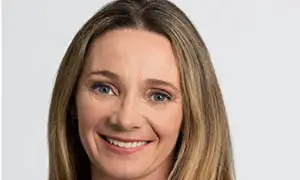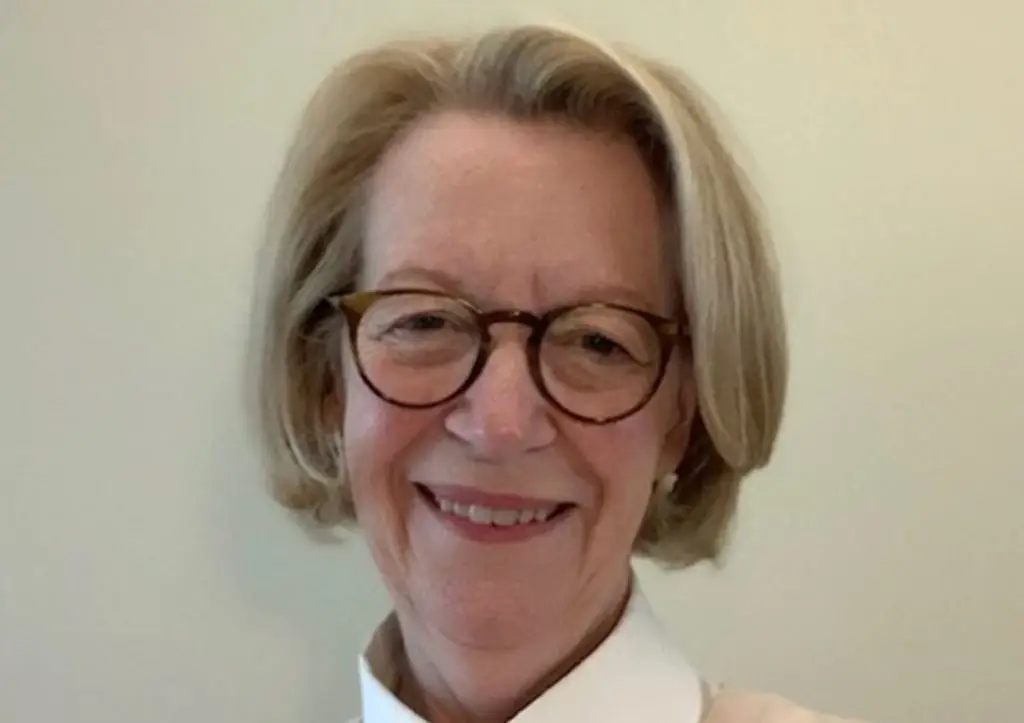A passion for creating efficiencies in health care: Talking to health information quality analyst Tahmina Minhas
Tahmina Minhas, CHIM, always knew she wanted to work in the health care sector. She completed her bachelor’s degree in health studies and gerontology at McMaster University and started her career as a medical assistant before moving into a position as health care administrative supervisor, where she worked with medical records, release of information requests, and protocols and process improvements. It was here that she realized her true passion for creating efficiencies in the health care system, which led her to the HIM program at George Brown in September 2018.
Not long after graduation, Tahmina landed the role of health information quality analyst with MedChart. She took some time to talk to us about her position and how she prepared for it.
“The interview invite with Medchart came at an interesting time,” Tahmina says. She was preparing for the CHIM national certification examination at the time and had applied to a different position with the same company. Tahmina knew the timing wasn’t right and declined the interview—but Medchart invited her to reach back out to them when she was ready.
The right time came just a couple short months later, after she’d passed the examination and achieved her CHIM designation. Though the role that Tahmina initially applied for was filled, the Medchart team thought she might be a good fit for the health information quality analyst role. She says that her interviews felt more like conversations, and she was well prepared thanks to her previous work experience and the placements she completed during her HIM program.
Tahmina now spends her days working alongside a sophisticated artificial intelligence (AI) system (which is essentially a data warehouse), extracting useful information through data mining, performing detailed reviews on charts to verify what the AI system has tagged for, and providing feedback to improve the system. One of her projects includes gathering data on the opioid crisis to provide context to patients taking these drugs—things like who prescribed them and the timelines for doing so. It’s all part of a legal case going on with a couple different manufacturers. Their work is helping to get compensation for patients affected by opioids, many of whom didn’t even realize that the drugs were addictive when they began taking them.
Her favourite part of the job? “Being able to provide feedback on the AI system and seeing those changes being implemented,” she shares. “Knowing that we are making a difference” is also a good feeling.
Tahmina’s role as a health information professional has been to advocate for appropriate strategies and tools in the development of information systems to meet organizational needs. She says that she’s really enjoying the increased exposure to data analysis that her current role offers. It’s a startup with a close-knit team, and she’s recently taken on more of a leadership role training new hires. Continuous improvement has been a theme throughout Tahmina’s work in health care, and she’s understandably excited to see what the future holds.






